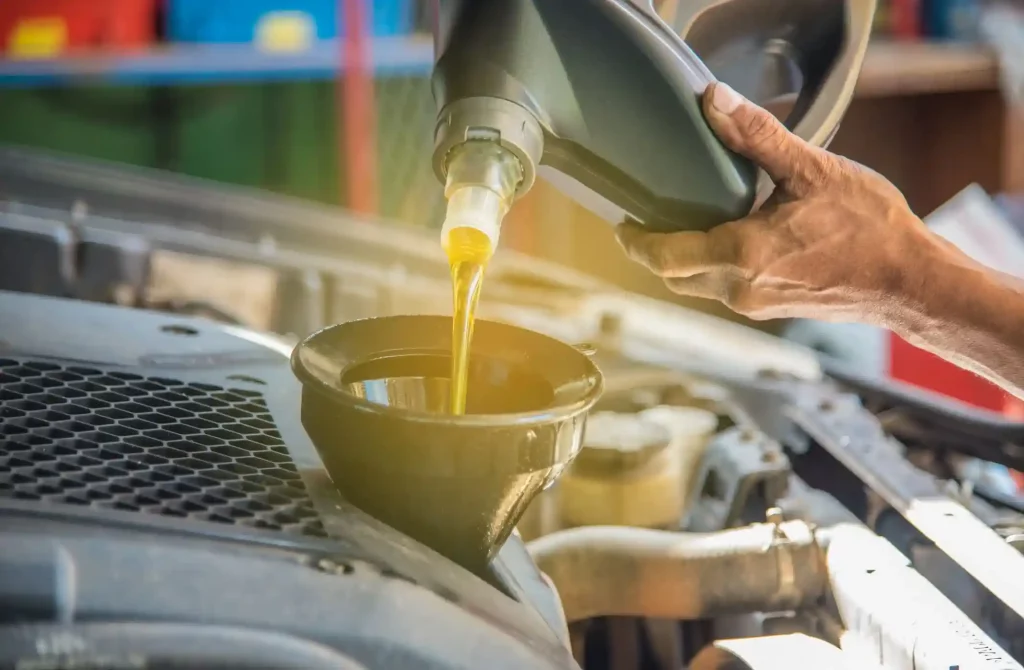
As the car gets older, it becomes less economical and requires more maintenance. It also requires frequent changes of engine oil which becomes expensive.
So, car owners use high-mileage oil for better mileage.
In this guide, we’ll explore the advantages of high-mileage oil and help you make a wise decision on whether it’s right for your vehicle.
What is High Mileage Oil?
High mileage oil is specially designed for vehicles with over 75,000 miles on the odometer. It contains additives that can help reduce oil consumption, engine wear, and oil leaks.
5 Advantages of High Mileage Oil
Here we go:
1) Reduced Oil Consumption
As engines age, they start to burn oil in high quantities, which reduces performance and increased emissions. High mileage oil is developed to reduce oil consumption and keep your engine running smoothly.
2) Reduced Engine Wear
High-mileage engines are more prone to wear and tear, which can lead to costly repairs. High mileage oil contains additional additives that can help reduce wear and help to get the longevity of your car’s engine.
3) Reduced Oil Leaks
As engines age, they can develop leaks, which can lead to oil loss and engine damage. High mileage oil is designed to condition and soften seals, which can help reduce leaks and extend the life of your engine.
4) Improve Fuel Efficiency
When you use high-mileage oil, the engine gets rejuvenated and performance gets better which ultimately improves the fuel efficiency.
5) Emit Less Pollution
When fuel efficiency gets better because of less wear and tear, the emission of smoke is reduced.
How to Choose the Right High-Mileage Oil

When choosing a high-mileage oil, it’s important to consider the viscosity grade and the API rating. The viscosity grade determines the thickness of the oil, while the API rating measures the oil’s quality and performance.
When should you use high-mileage oil?
As we mentioned earlier, high-mileage oil is typically recommended for cars with more than 75,000 miles on the odometer. However, the specific recommendation can vary depending on the type of engine, the present condition of the engine, and other factors. It’s always wise to consult your owner’s manual or take advice from a skilled and experienced mechanic before taking any decision.
